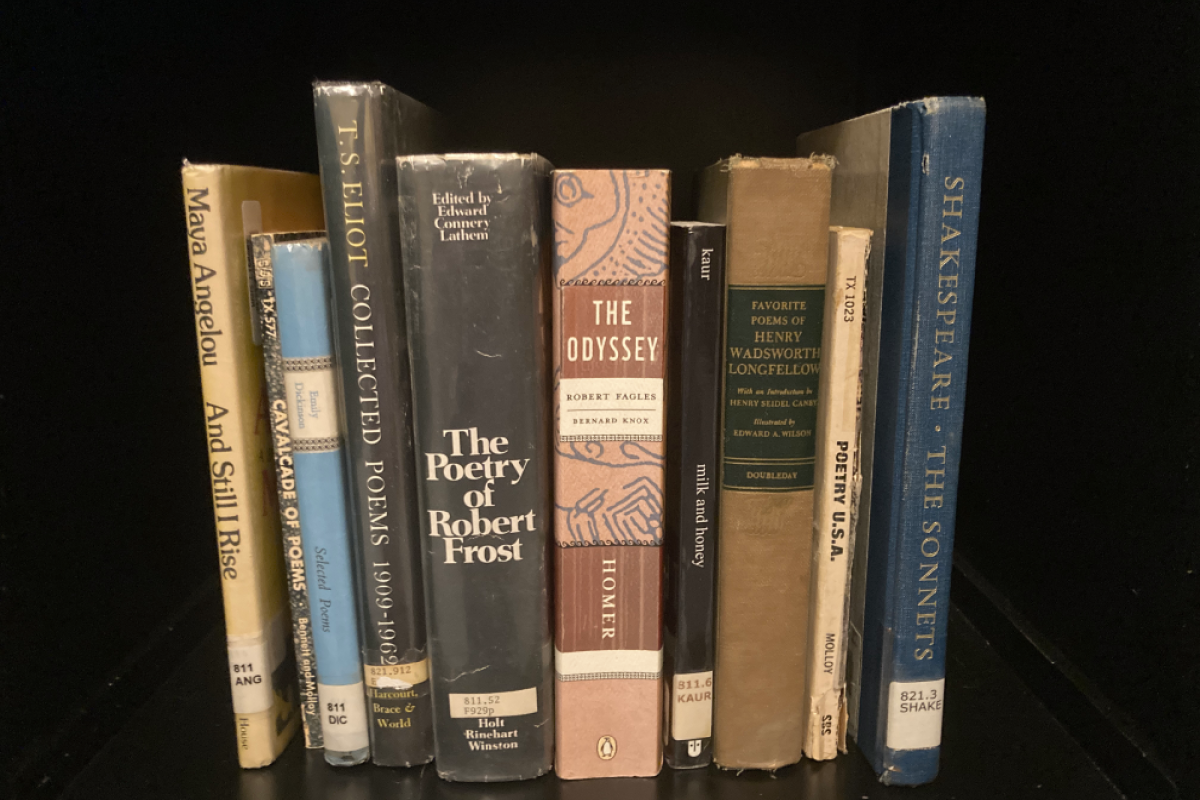Teenagers are given many new responsibilities and opportunities when they turn 18. They can enlist in the military, get married, and move out of their parents’ house. Another thing they can do is vote.
Nevertheless, younger voters are consistently less likely to vote than their older counterparts, as stated by the United States Census Bureau. In the 2020 presidential election, the voter turnout for ages 18 to 24 was 51.4%, while for all ages, it was 66.8%, leaving a large gap.
One factor contributing to this is that young voters may have misconceptions about the voting process that they haven’t yet participated in.
“Yeah, there’s the electoral college, and people like to argue that they’re just doing it based on a majority or a consensus, and my vote doesn’t really matter,” said Senior Maggie Baas, “but I’m like, it’s because you vote that there’s a majority.”
Another common theory as to why young people are less likely to vote is that they’re apathetic to the state of the government. The Administration and Cost of Elections Electoral Knowledge Network disproved this, saying that the low voter turnout is due to young people’s distrust of traditional government institutions and disconnect from the complex voting process.
Senior Luc Tomich said, “I think that it’s important [to vote] because we’re going to be growing up in that government, and so in order to be able to shape it to what would be best for us, [we have to vote].”
Senior Sadie Tatum thinks that voting young sets a path to voting in future elections, too.
“If you’re not going to vote young, you’re probably not going to vote older either.” When one begins voting at an older age, they also haven’t had time to acclimate to the process and it becomes more daunting.
Voter turnout in youth has increased in the past few presidential elections, and this trend is likely to continue. Like Tatum said, “[Young voters are] the only way to get a voice for our generation.”






